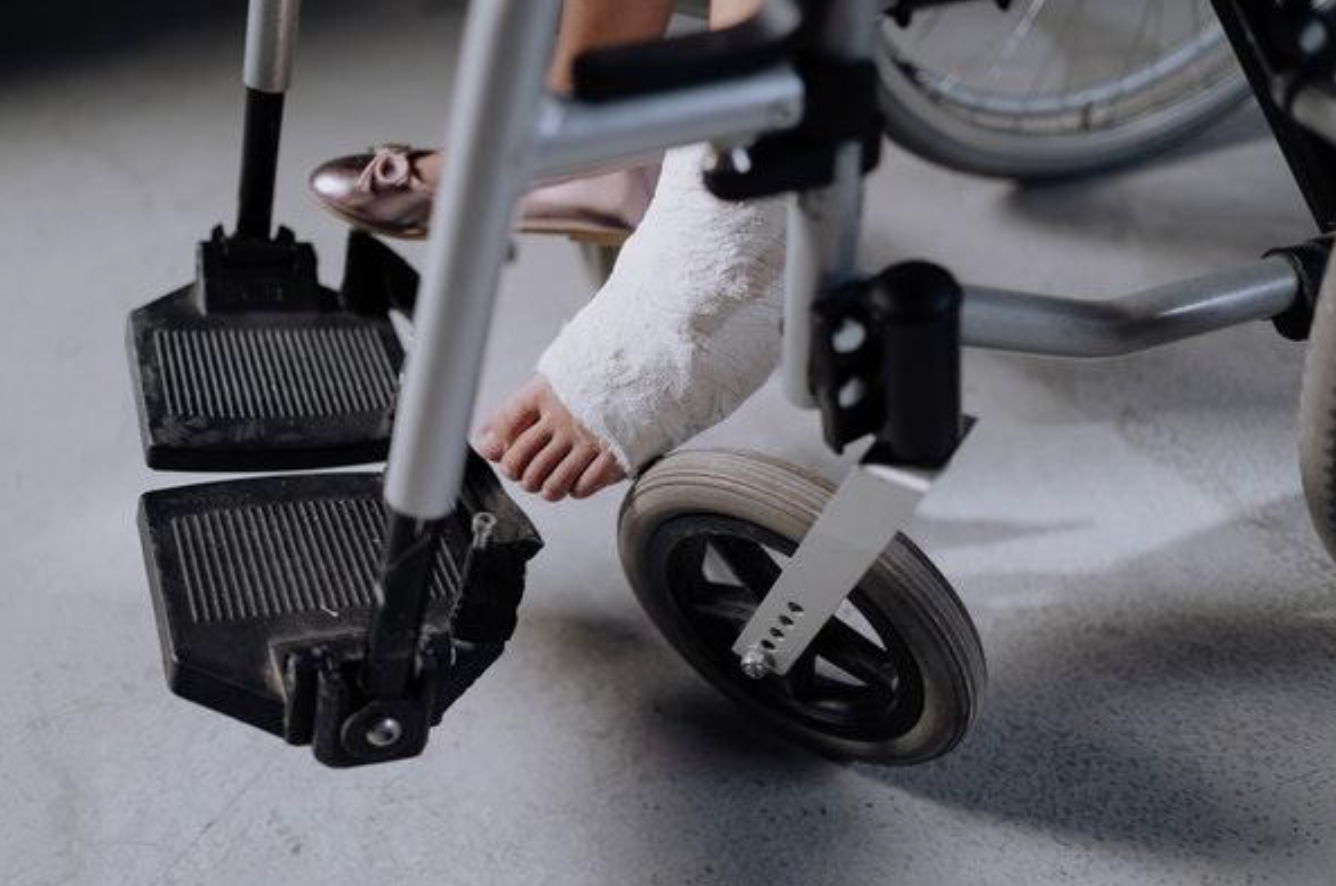An interesting “intersection” between criminal and civil law regarding bodily and personal injury is wrongful death.
Although used interchangeably and sounding similarly, you need to know that “bodily injury” and “personal injury” mean different things in the legal realm. Both encompass harm suffered by an individual. However, bodily injury represents physical harm – actual physical injuries. In contrast, personal injury is an umbrella term covering physical injuries and other types of less evident harm, such as pain, suffering, mental anguish, etc. But let’s get into the details.
Bodily Injury vs. Personal Injury in Criminal and Civil Law
One of the first distinctions made regarding these two legal terms is their use in criminal and civil law. In criminal court cases, attorneys refer to bodily injuries suffered by a person who was the victim of a crime – assault, for instance. On the other hand, according to a Georgia personal injury lawyer from Sink Law, personal injury is a civil court claims legal field. Working under the negligence doctrine, personal injury lawsuits and claims mean to cover all costs incurred by a person because of an accident. Keeping these things in mind, let’s see some more details.
Types of Bodily Injury
In criminal law, the term includes all physical harm done to a person during a crime. Here, we can count broken bones, cuts, bruises, burns, scarring, damage to internal organs, disfigurement, paralysis, etc. In some circumstances, when the plaintiff decides to go beyond insurance, pursuing a compensation claim against an individual who injured them, bodily injuries become the foundation for receiving damages for those injuries and their associated costs (emergency medical care, physical therapy, surgery, etc.).
Types of Personal Injury
If you are the victim of a car accident and you want the at-fault party to pay for the medical bills associated with your car crash, you have a personal injury lawsuit. However, you can ask for more than just reimbursement for your whiplash treatment in this situation. In personal injury civil cases, the compensation takes a much broader path. Personal injury lawyers usually negotiate settlements for the following:
- Medical bills related to the injuries suffered in the accident;
- Property damage;
- The costs of future medical care;
- Lost wages if the plaintiff was unable to work while healing from the injuries;
- Reduced ability to earn an income;
- Pain and suffering, mental anguish, depression or anxiety, the costs associated with therapy, etc.;
- Coverage for delayed or annulled travels;
- Loss of enjoyment of daily activities;
- Loss of consortium;
- And more.
In a successful personal injury lawsuit, the plaintiff can receive compensation for bodily injuries and damages that affect other aspects of their lives.
An interesting “intersection” between criminal and civil law regarding bodily and personal injury is wrongful death. If someone died due to injuries caused by another individual, the survivors of the deceased could file a wrongful death claim to receive compensation.

Wrongful death claims and lawsuits usually come with different sets of damages that the survivors could be able to recover. Moreover, in some instances, a defendant can face both a criminal lawsuit and a civil one. In the criminal case, the defendant is tried for the assault that led to death. In the civil lawsuit, the deceased’s family asks judges and juries to compensate them for their material and personal losses.
You may face different standards for limitations, liability, and proof depending on where you encounter the terms bodily injury and personal injury. Moreover, many such standards depend on the state where the accident or crime occurred.
A Few Words about Insurance
Some people usually confuse the terms “bodily injury” and “personal injury” with insurance-centric terms, such as “bodily injury liability coverage” and “Personal injury protection (PIP) insurance coverage.” So let’s clarify some things.
- PIP coverage – known as the “no-fault car insurance,” is a part of your vehicle insurance plan that covers the medical expenses associated with the injuries of both the policyholder and their passengers in case of an accident. \
- Bodily injury liability is a part of your insurance plan that covers the medical expenses of someone the policyholder hurt in an accident.
In severe accidents where insurance and plans cannot cover the full extent of one’s injuries, the damaged party can pursue a claim or a lawsuit.
Bottom Line
Knowing the difference between these legal terms and their usage areas can help you better formulate a personal injury lawsuit or even press charges against someone in a criminal case. Nevertheless, having an attorney by your side spares you of all this trouble, so if you are ever hurt because someone was negligent, find a lawyer in your state and let them fight for your rights.


Join the conversation!